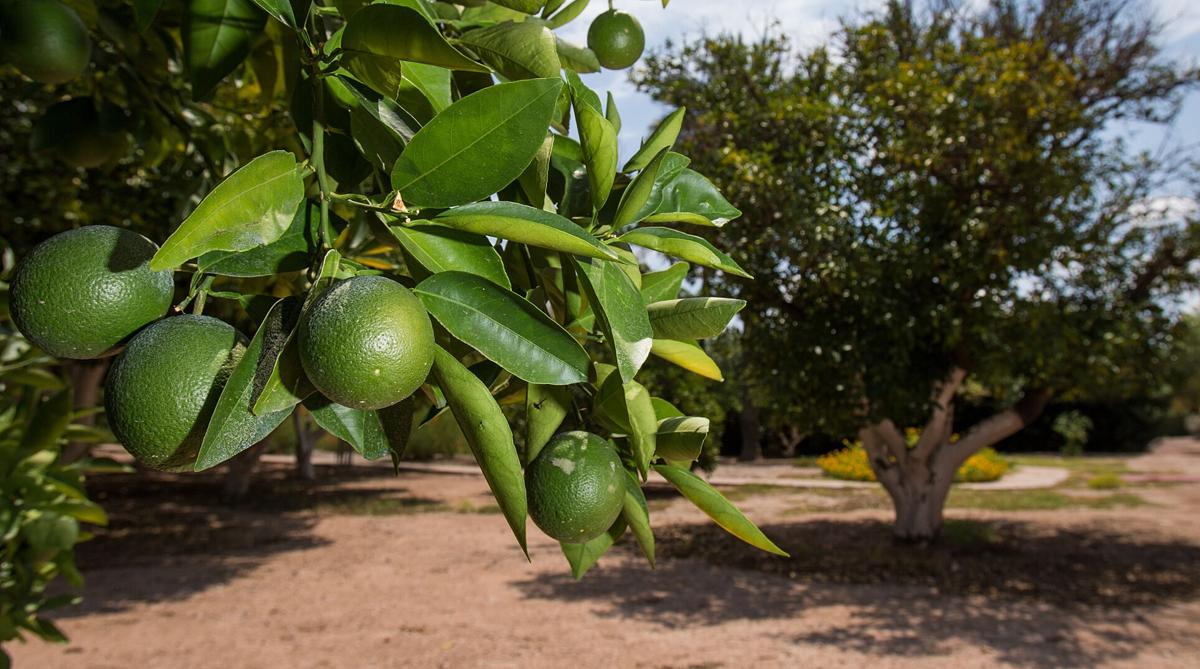Cool season veggie planting is upon us, and the age-old question comes up: what should I plant?
We’re lucky to have a lot of options for food plants in Tucson. We can plant deciduous fruit trees, citrus and even tropicals. We can grow tomatoes in the fall, and grow most of the vegetables available to cooler climates during our winter. We also have a great variety of native food plants. Most of us don’t have infinite garden space, so we have to make some choices. So, how do you decide what to grow?
First of all, ask yourself what you like to eat. Don’t be tempted by those Instagram-worthy photos of gorgeous carrots, or articles claiming that radishes are so easy to grow (they are) if you hate carrots and radishes. Do you eat salad? If not, don’t grow lettuce and spinach.
On the other hand, it’s perfectly fine to experiment, and don’t expect perfection. You are unlikely to get a great (or even edible) crop the very first time you grow it. The variety may not be ideal for our climate, or maybe your veggie bed is too shady, or too sunny. Maybe you overwatered and ended up with tasteless melons, or underwatered and have shriveled, sad little chili peppers.
Another thing to consider: What herbs and spices do you cook with? Maybe there’s an herb you love which is expensive to buy each time at the store. Maybe you love Meyer lemons (which are very perishable and thus unlikely to be found in your supermarket). Perhaps you want to try your luck with ginger or curry?
Also consider your budget. Fruit trees, for example, can be expensive, and require a lot of water. Do you really want to water that tree for the rest of its life? Think about whether you would do better with a dwarf variety, which will be smaller and thus require less water overall. The fruit will also be easier to pick. On the other hand, seed packets are ridiculously cheap, and if you’ve already got the bed prepared, it’s not much work to toss a few seeds in there and see if you like that particular plant.
Also consider how much fussing you are inclined to do. If the plant you’re thinking of requires special soil, frequent fertilizer, lots of water, or moving it in and out of the house for winter or summer, how likely are you to do these things? Tomatoes can be quite fussy, for example, and require a fair amount of care. I have persevered with them because I love tomatoes, but if you can take them or leave them, it’s probably not worth your time or expense.
The fussing may also extend to preparation of the food. For example, mesquite pods are a great and plentiful native food, but do require collection and processing to turn into flour. Foods such as olives require special pickling to be edible. Take your time and do some homework before planting a tree that you will be committed to for a long while. For the ultimate low fuss foods, consider growing native plants such as prickly pear, or things like squash that will grow anywhere.
Speaking of squash, don’t forget to consider how much to plant. We’ve all been recipients of giant tubs of zucchini, so try to keep your senses about you when tossing the seeds in your garden bed. Vining plants also tend to take up a lot of space in your garden, so if you don’t have room or inclination to create vertical climbing ladders for the multi-foot-long vines, you may want to consider other options.





